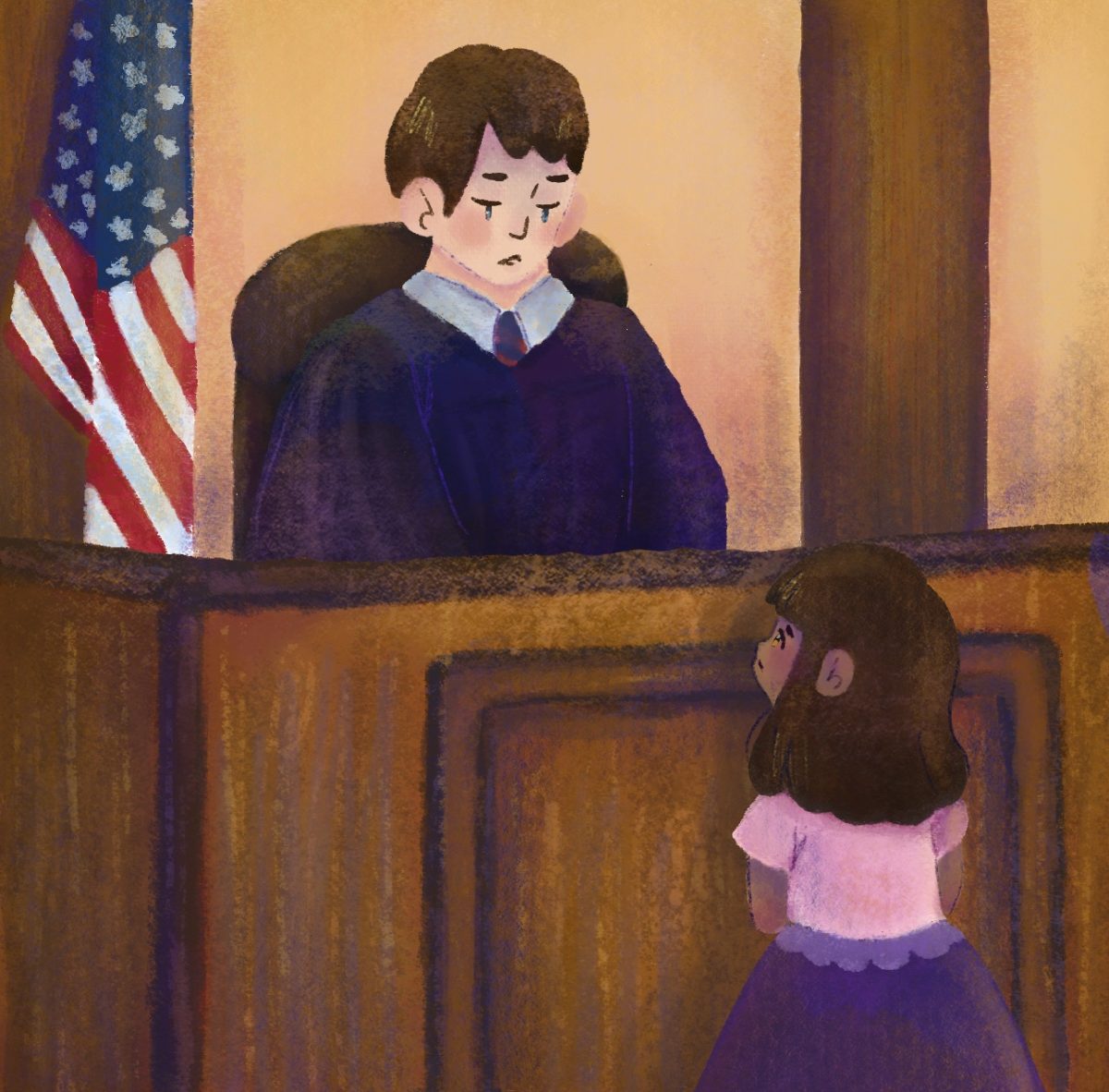
It is not a race, nor is it a religion, culture, or single political affiliation. Terrorism can be all of these things, but it is a problem that transcends all categories.
In these times of uncertainty, it is common to profile certain people, and label them as “terrorists.” With the recent suicide bombings in Afghanistan, and the threats at home with the underwear bomber, labeling people as “threatening” seems justifiable. This, however, does not mean it is right.
By definition, terrorism is the use of violence and intimidation in the pursuit of political gains and power. This definition, then, leads to the true meaning of the word terrorist. It is simply a person or group that uses violence or intimidation in the pursuit of political gains. Nowhere in either of these definitions does it say anything about particular races, religions, or cultures. The truth is, terrorism is a problem that anyone can cause.
After the various strategic plane crashes of Sept. 11, 2001, a large campaign against terrorism began. The hearts of many Americans were full of fear, and a new system known as “terror alerts” was implemented into National Security. This created a large wave of prejudice against people of middle-eastern descent, and especially those who were Muslim. If Americans stepped back and contemplated the true meaning of what it is to be a terrorist, maybe this racial and ethnic profiling would end.
Last month, Joseph Stack III, a 53-year-old Caucasian of north Austin, flew his small plane into a Texas I.R.S. office. Through his many rants over the Internet and in letters, it was clear that Stack had a vendetta against the government, particularly against big business and taxes. Further reports on Stack showed that he did not feel an urge to harm people, just the I.R.S.
Along with this, Stack was someone that no one suspected would commit such an act of violence. Friends and family said he was an easygoing man, and though he hated the I.R.S., his suicide came as a shock to everybody. Nevertheless, his act was indeed an act of terrorism, meant to send out a message against big business, taxes, and the I.R.S.
Stack’s cause was eerily similar to Timothy McVeigh’s reasoning for the Oklahoma City bombing in 1995. This act of terrorism, done many years before 9/11 by another Caucasian, is the second deadliest act of terrorism done in the United States. McVeigh, much like Stack, also had a vendetta against the government, and wanted to specifically target the Alfred P. Murrah Federal Building, which housed numerous amounts of federal agencies.
Through strategic planning, McVeigh decided to bomb the building on the anniversary of the Waco Seige, where the Bureau of Alcohol, Tobacco, and Firearms (ATF) attempted to use a search warrant. An exchange of gun fire ensued between federal agents and followers of David Koresh, a religious leader of the Branch Davidian religious sect. The building was completely totaled, and nearly a hundred people were killed and injured.
Neither of these two acts of terrorism were done by people of middle-eastern descent, and both terrorists were certainly not Muslim. Yet, both caused a lot of damage, and perfectly fit the definition of terrorism.
Recently, there have also been accounts of American Jihad supporters, such as Colleen LaRose, better known as “Jihad-Jane.” People such as Jihad-Jane prove that terrorism starts with a frame of mind, and is definitely not something culturally or racially driven. LaRose is described as a lonely woman from Pennsylvania, and she has been charged on suspicion of conspiring with Jihadist fighters.
However, the bottom line is that anyone who has a strong, deeply embedded disagreement with the government and takes violent action against that government can be a terrorist. Someone as American as apple pie, maybe even your next door neighbor, can one day snap and blow up a building. There is no religious affiliation, race, culture or nationality that can be used as a terrorist indicator.





